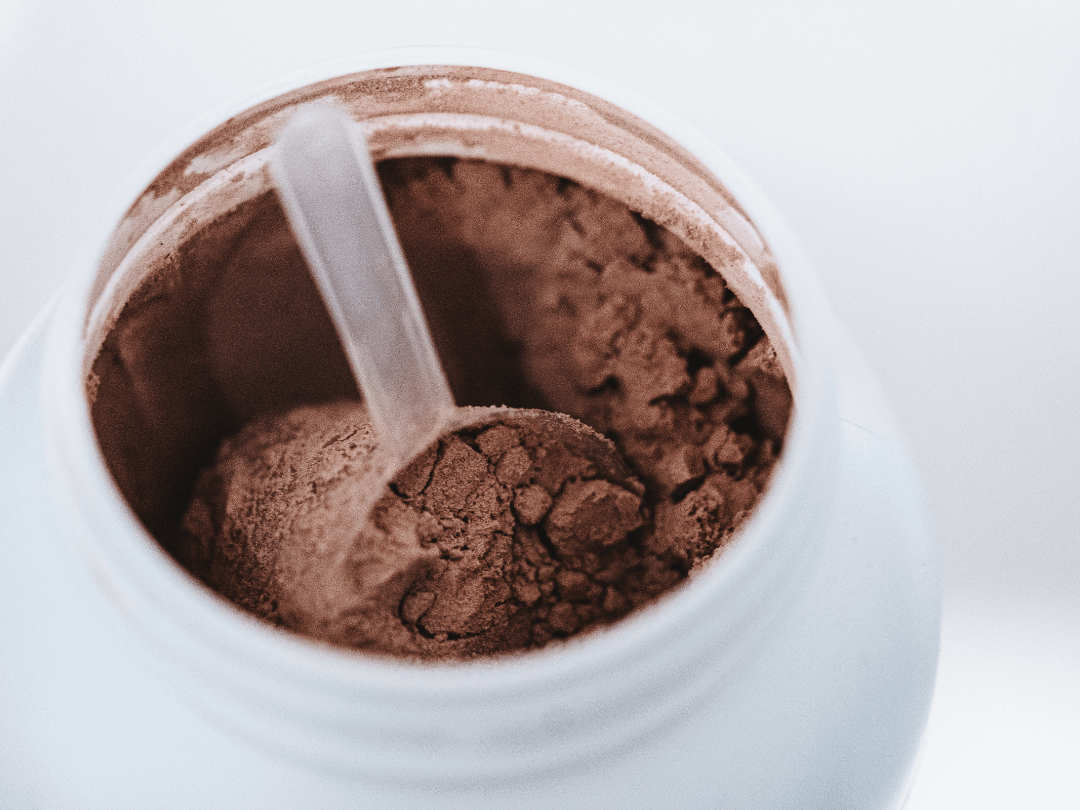We're an affiliate
We hope you love the products we recommend! Just so you know, we may collect a share of sales or other compensation from the links on this page. Thank you if you use our links, we really appreciate it!
Are you following a plant-based diet and looking for ways to boost your protein intake? One easy way to do this is by incorporating plant-based protein powder into your meals. With so many different types available, it can be challenging to choose the right one. To help you make an informed decision, let’s dive into the different types of plant-based protein powder.
What is Plant-Based Protein Powder?
Plant-based protein powder is a concentrated powder high in protein, made from various plant sources like peas, soybeans, hemp, and brown rice. For those seeking to increase their protein intake while avoiding animal-based products, plant-based protein powder is an ideal alternative. Most plant-based protein powder is also allergen-free, suitable for those with dietary requirements. You can add it to smoothies, oatmeal, or baked goods to boost the protein content of a meal or snack.
The Different Types of Plant-Based Protein Powder
Pea Protein Powder
Made from yellow split peas, pea protein powder is a popular choice for its ease of digestion and high levels of protein, fiber, and iron. It’s also a complete protein, meaning it contains all nine essential amino acids required by the body.
Soy Protein Powder
Another complete protein powder, soy protein powder is made from soybeans and is rich in iron and calcium. It has a neutral flavor and is widely used in smoothies, baked goods, and other recipes. Note that some may be allergic to soy and should avoid it if they experience adverse reactions. Choose non-GMO and organic soy protein powder to avoid harmful chemicals.
Hemp Protein Powder
Hemp protein powder is made from ground hemp seeds and contains all nine essential amino acids, in addition to being a great source of protein, fiber, and healthy fats. It has a nutty flavor that may not be suitable for all recipes, but it’s a versatile option for those who enjoy the taste.
Brown Rice Protein Powder
Hypoallergenic brown rice protein powder is a good option for people with food sensitivities. It’s made from brown rice and is a source of protein, fiber, and iron. Unlike pea and soy protein powders, brown rice protein powder is not a complete protein, but it can be combined with other protein sources to make a complete protein.
Other Protein Powders
Pumpkin seed protein powder, sunflower seed protein powder, and quinoa protein powder are less common but still effective plant-based protein powder options. They’re also great sources of protein, fiber, and other essential nutrients.
Conlusion
In conclusion, incorporating plant-based protein powder into your diet is an excellent way to increase your protein intake. As discussed, there are different types of plant-based protein powder with unique nutritional benefits and flavors. Experiment with different options to find the one that works best for your dietary needs and tastes. By doing so, you can achieve a balanced and healthy vegan lifestyle.
